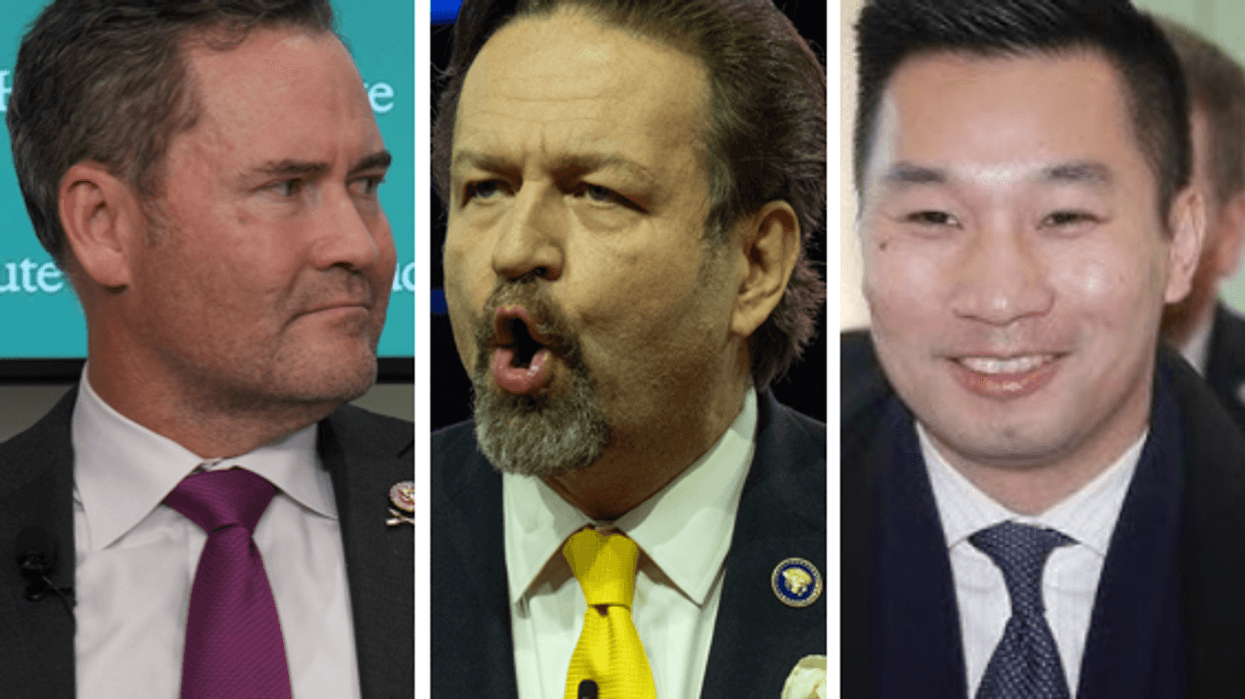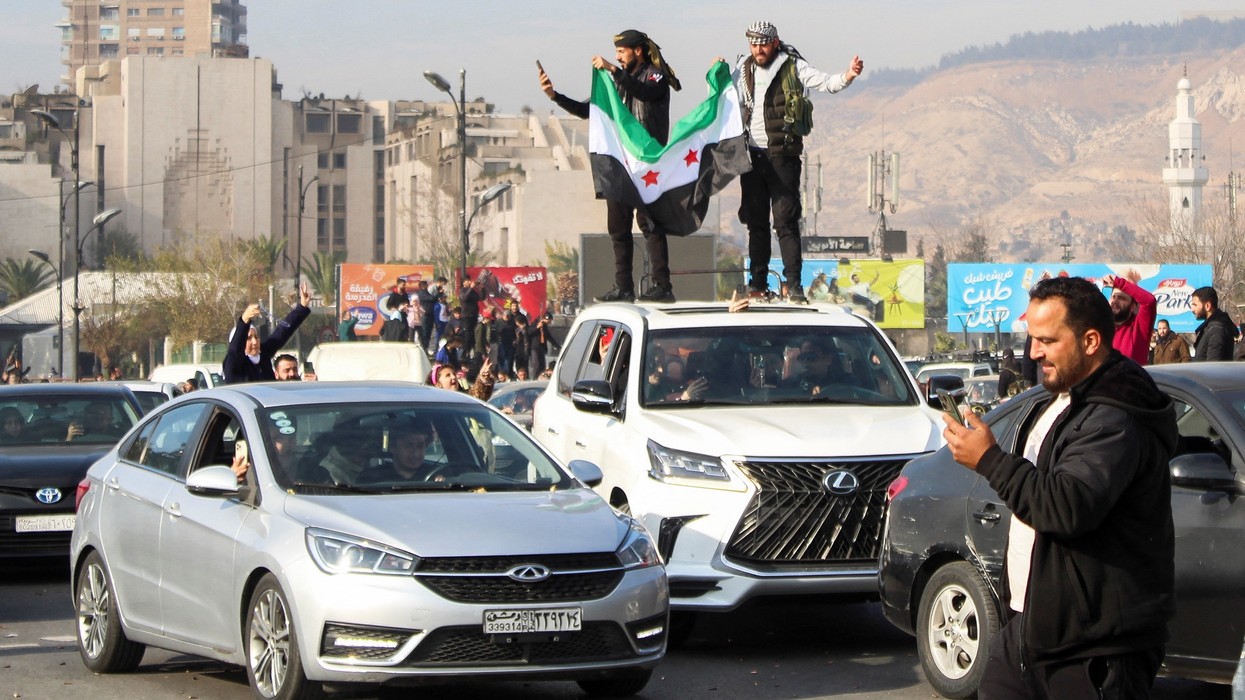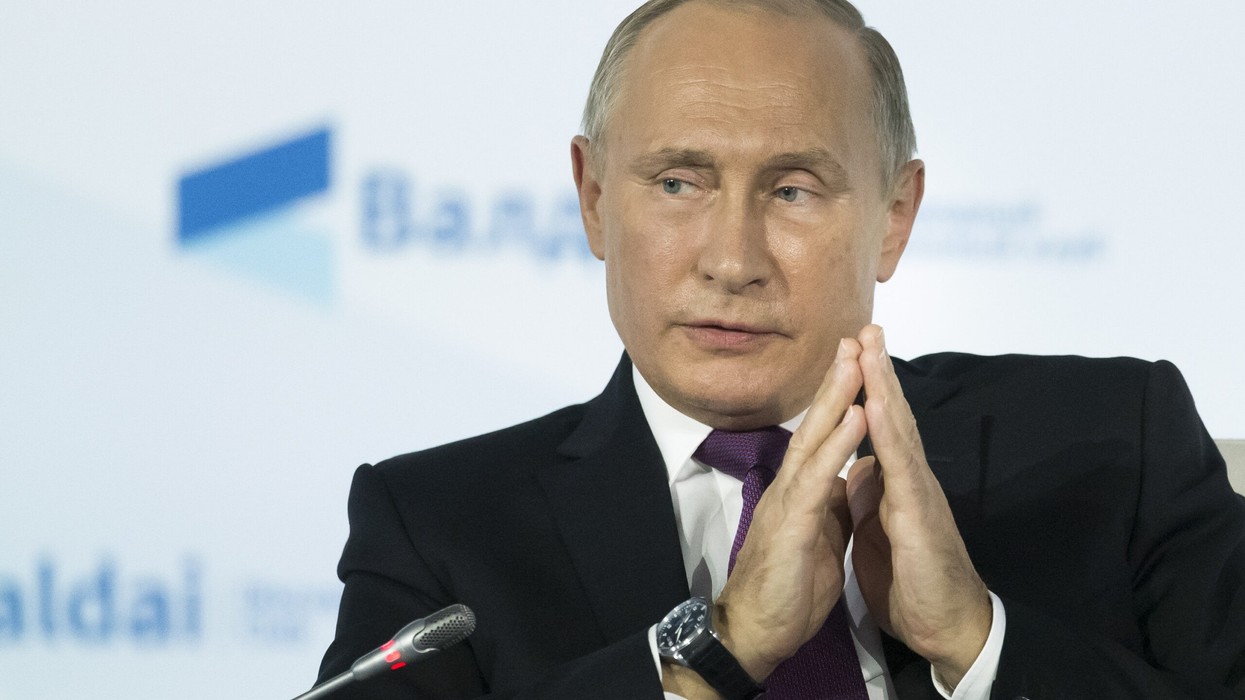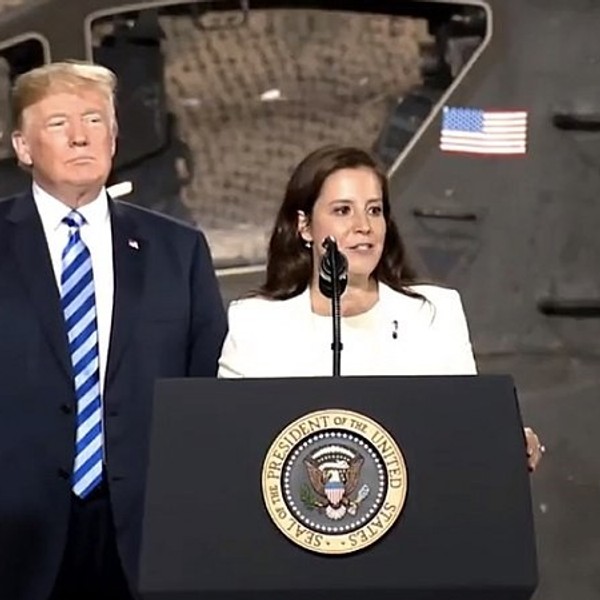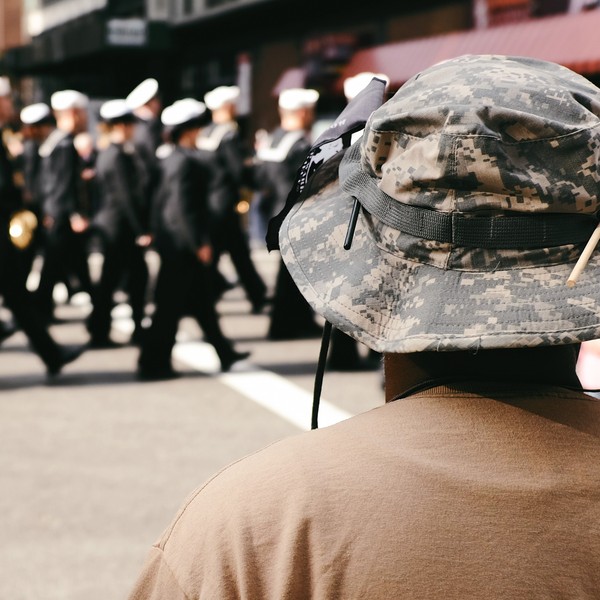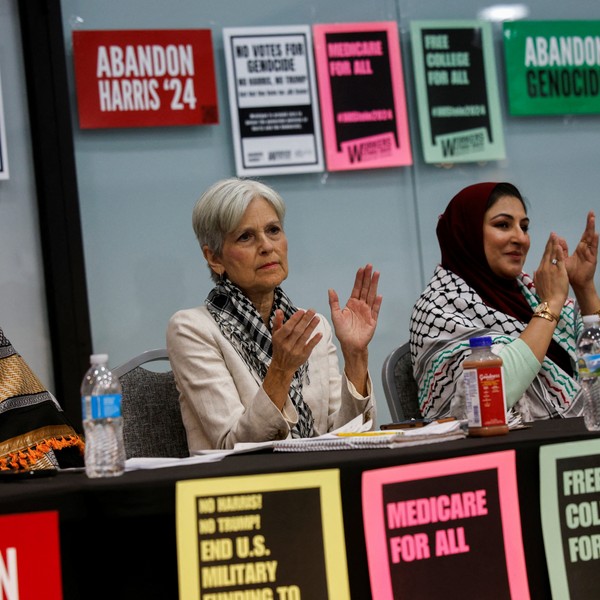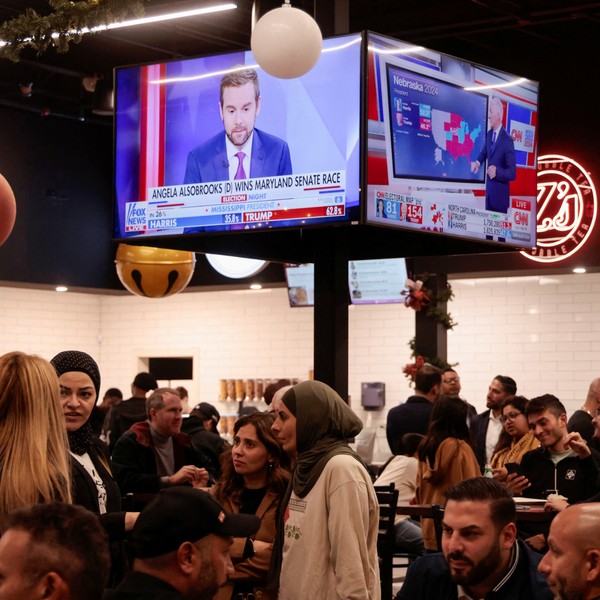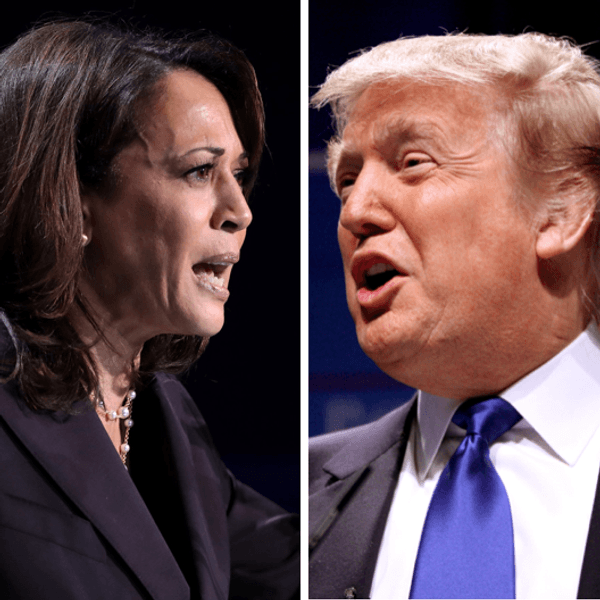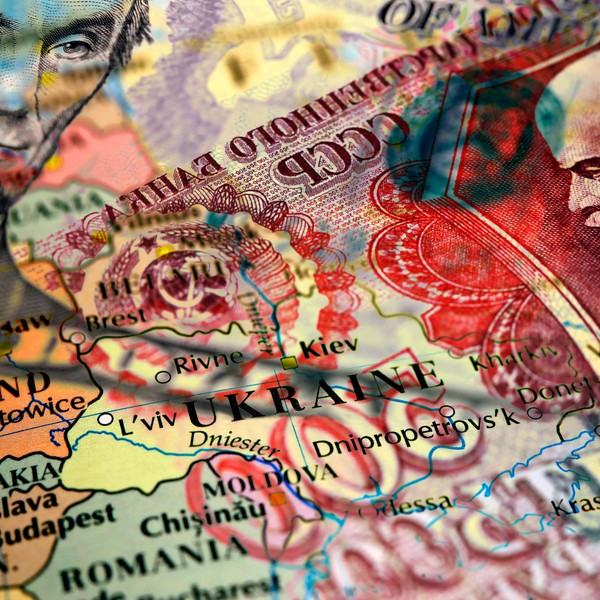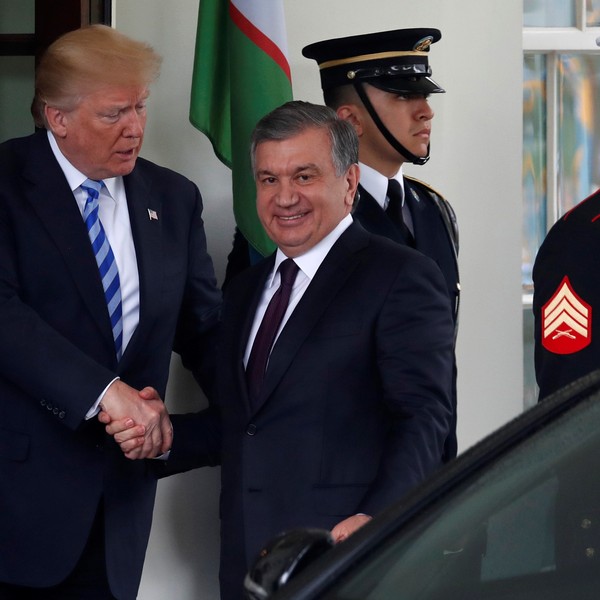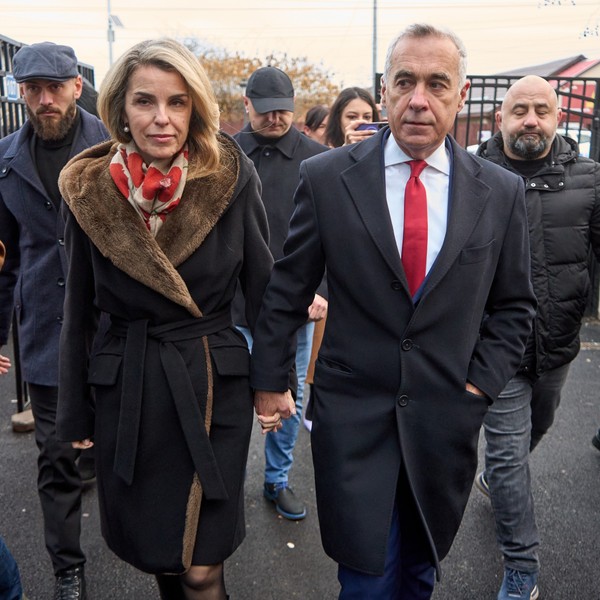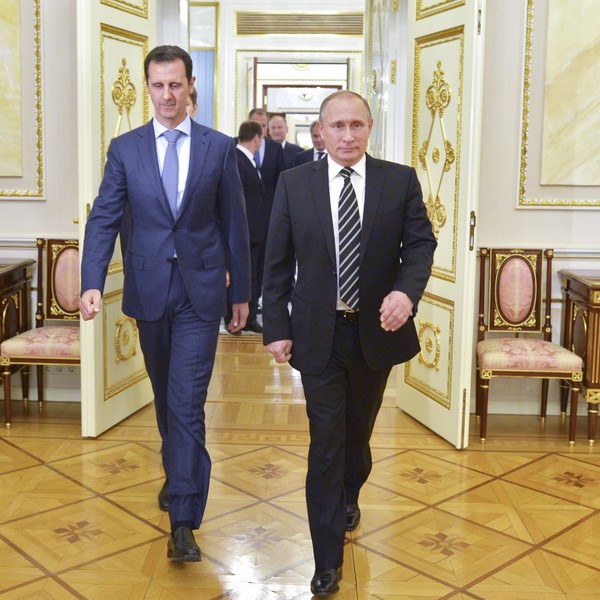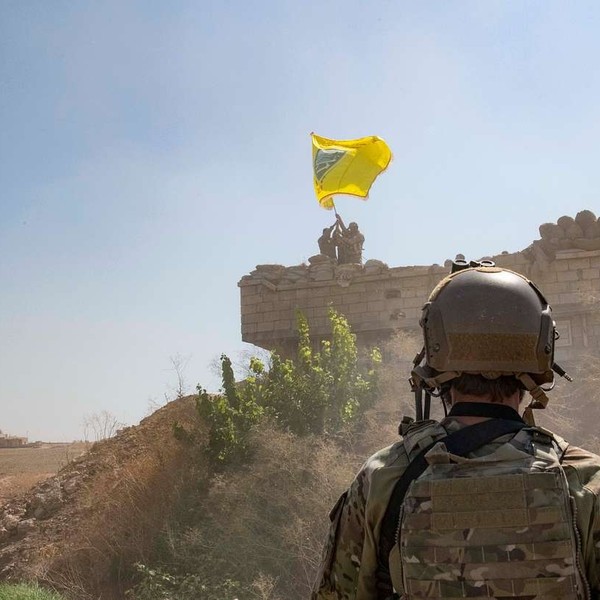“What has happened with Cuba is an injustice,” declared Colombia’s newly elected president Gustavo Petro when asked about Cuba’s designation as a sponsor of international terrorism during a press conference with Secretary of State Antony Blinken last October. “It does need to be corrected,” he added. Blinken indicated that the designation would be reviewed: “We have clear laws, clear criteria, clear requirements, and we will continue as necessary to revisit those to see if Cuba continues to merit that designation.”
The Biden administration has been promising for two years to reconsider the designation made by President Trump just a few days before leaving office — a parting shot designed to reward his Cuban American supporters and complicate President Biden’s relations with Havana. That review has yet to happen.
The main rationale Trump’s Secretary of State Mike Pompeo offered for putting Cuba back on the list was Cuba’s refusal to hand over to the Colombian government guerrilla leaders of the National Liberation Army. The rebels were in Havana for peace talks with the Colombian government, co-sponsored by Cuba and Norway. In 2020, conservative President Ivan Duque broke off the talks and called for Trump to declare Cuba a sponsor of terrorism for harboring the negotiators. President Petro has now restarted the talks, asking Cuba and Norway to once again to act as guarantors, negating Pompeo’s rationale.
Cuba was first added to the list of state sponsors of international terrorism in 1982 by President Ronald Reagan to punish Havana for arming revolutionary movements in Central America. Ironically, under the Reagan Doctrine, Washington was supporting counter-revolutionary movements in Nicaragua, Angola, and Afghanistan — movements guilty of far worse terrorist attacks against civilians than any that Cuba supported. But such was the hypocrisy of Cold War foreign policy.
After the Soviet Union collapsed, Cuba stopped providing material support for foreign revolutionaries. Officials in the Clinton administration recognized there was no longer any reason for Cuba to remain on the terrorism list, but were unwilling to risk a political fight with Cuban Americans in south Florida by taking it off.
When President Obama finally ordered a review of Cuba’s designation as part of his policy of normalizing relations, the State Department and intelligence community concluded that Cuba should be removed. As Secretary of State John Kerry pointed out, Washington’s other complaints against Cuba — harboring U.S. fugitives and supporting the Venezuelan government — “fall outside the criteria for designation as a State Sponsor of Terrorism.” Obama took Cuba off the list in May 2015. Cuba and the United States then signed a Memorandum of Understanding on law enforcement cooperation, including counter-terrorism cooperation. The Trump administration ignored the MOU and put Cuba back on the terrorism list.
At first glance, the harm to Cuba of being on the list appears limited. Almost all the economic sanctions against listed countries have been in force against Cuba since 1962 under the comprehensive embargo imposed by President Kennedy. But the impact on risk managers at global financial institutions is devastating. When doing business with customers suspected of terrorism, financial institutions are required by law to undertake “enhanced due diligence” to assure that they are not unwittingly financing terrorist activity. The increased costs and risk of doing business with a listed country like Cuba outweigh the profit potential. Within weeks of Cuba being put back on the terrorism list, 45 international banks and financial institutions stopped doing business with the island. “It is a devastating impact,” said Vice-Minister of Foreign Relations Carlos Fernández de Cossio. “And Cuba still, today, by virtue of its presence on that list, runs into commercial and financial organizations that refuse to interact with us for fear of reprisals from the United States Government.”
Besides the financial harm, the designation of Cuba as a state sponsor of terrorism adds insult to injury. Since 1959, Cuba has been the victim of hundreds of paramilitary attacks by exiles, many trained and sponsored by the United States during the CIA’s “Secret War” in the 1960s and 1970s. Even after Washington stopped supporting these attacks, it continued to harbor the perpetrators, among the most notorious, Luis Posada Carriles and Orlando Bosch, who organized the 1976 bombing of a Cubana civilian airliner killing all 73 people aboard.
When the United States and Cuba were discussing the re-establishment of diplomatic relations in 2015, the issue of the terrorism list was a major sticking point. “It would be difficult to explain that diplomatic relations have been resumed while Cuba is still unjustly listed as a state sponsor of international terrorism," said Josefina Vidal, Cuba’s lead diplomat at the talks. The list is a major obstacle to better relations today as well.
Now that President Biden has apparently decided to improve relations with Havana, taking Cuba off the terrorism list is a logical next step. Recently, a U.S. delegation went to Havana to discuss law enforcement cooperation, including on counter-terrorism — a stark illustration of how anachronistic it is for Cuba to still be on the terrorism list.
President Biden should make good on the promise Secretary Blinken made to President Petro last year: Order a review of Cuba’s listing as a state sponsor of terrorism, honestly applying the “clear criteria, clear requirements” specified in the law. A fair review will conclude, as it did in 2015, that Cuba is not sponsoring terrorism, and taking Cuba off the list will open opportunities for better relations on a wide range of issues benefiting both countries.

